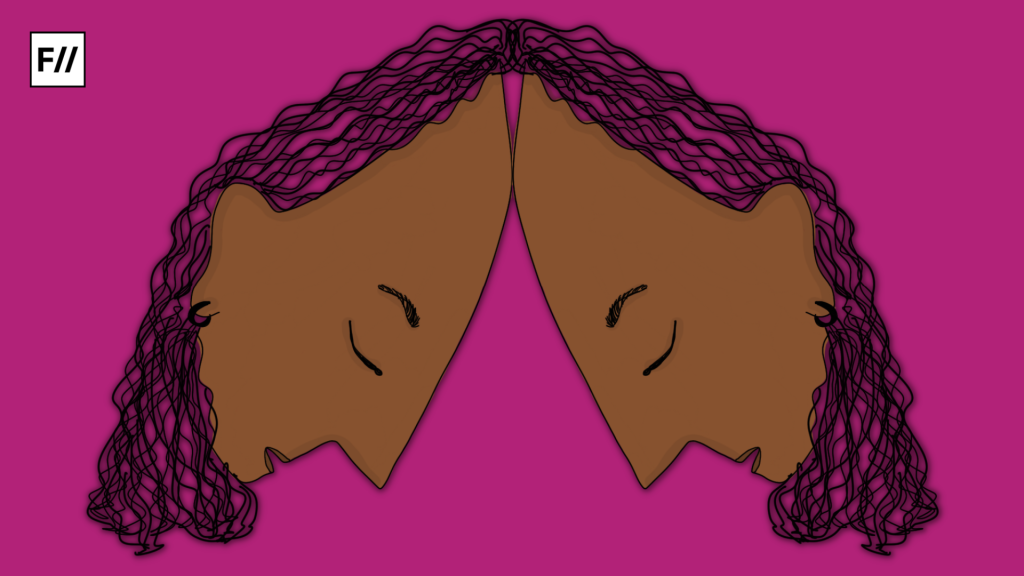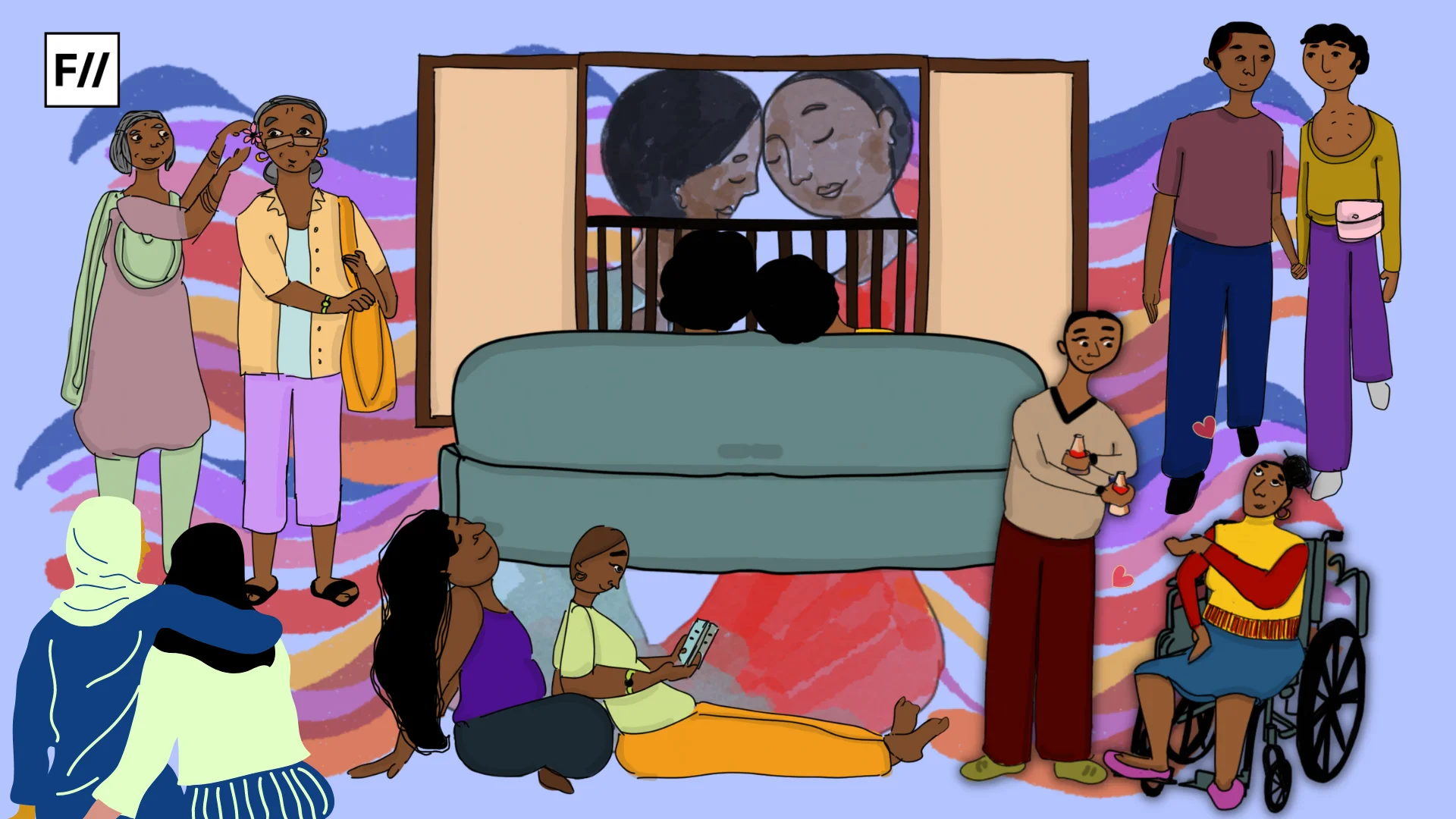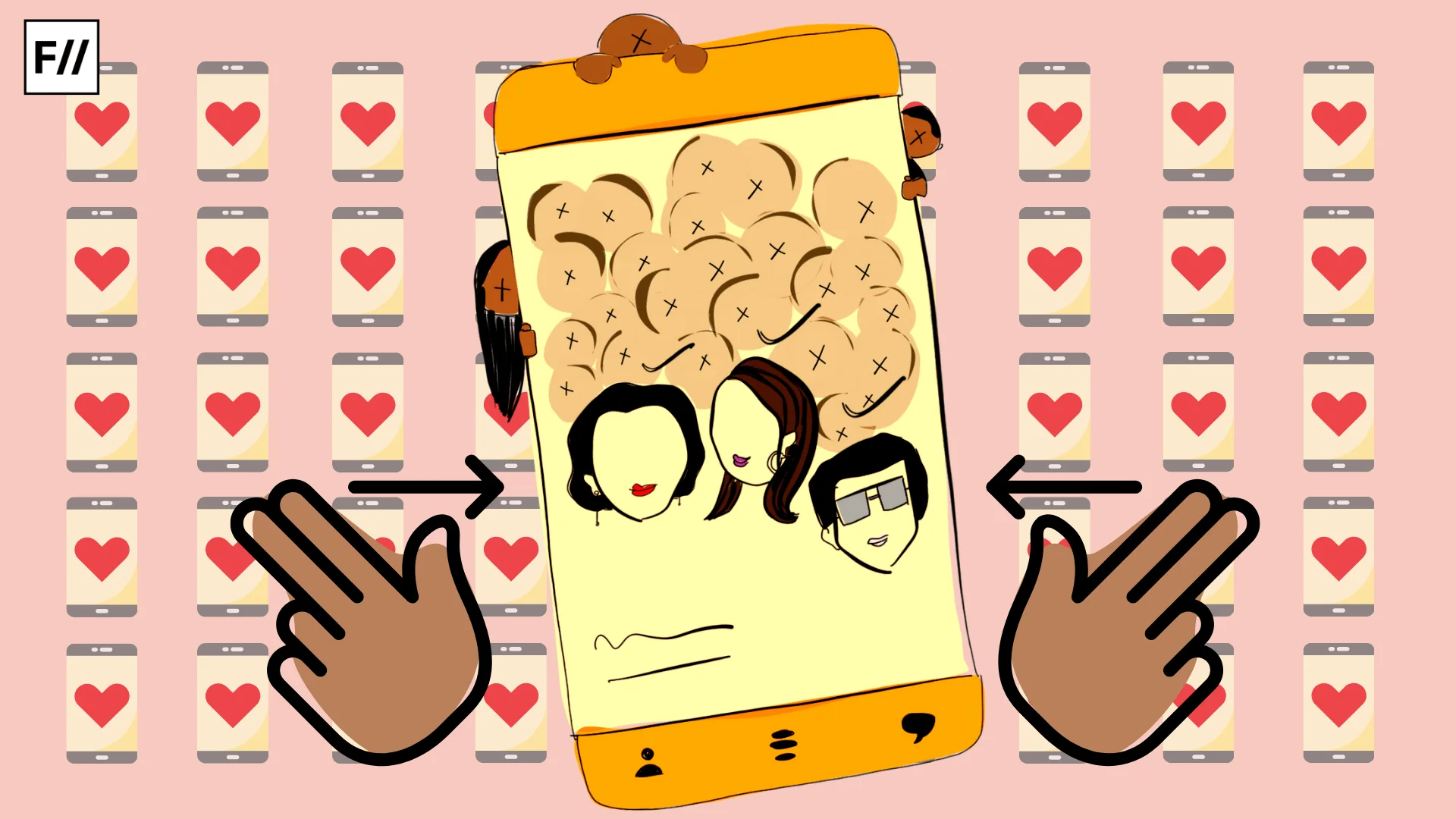Bodily autonomy in the simplest terms means: My Body, My Choice. The term essentially means that a person should have absolute rights over their body. They should be free to make any choices about their body be it something trivial such as making tattoos or body art on their bodies, engaging in consensual sexual activities, taking up any profession of their choice or above all undergoing an abortion.
The prime concept behind the idea of bodily autonomy is that a person’s body transcends any institutional or any individual’s entitlement over their physical form and their agency to showcase their body as they wish to.
Unfortunately, in reality, the term bodily autonomy still stands out to be a heavily debated arena. The human right to self-govern one’s body is still denied to millions around the globe. For instance, UNICEF Reports of 2024 show that there has been an increase in the number of Female Genital Mutilation (FGM) survivors in the world by 15 per cent.
Additionally, in the period of 4 years spanning 2010 to 2014, WHO reports the globe has witnessed 25 million unsafe abortions each year! A basic human right and civil liberty is still a difficult concept to digest for the governing patriarchal pillars of society.
Reality check: Bodily autonomy still a far-fetched dream
Bodily autonomy is a fundamental right that scales beyond social, religious, or ethnic barriers. The right is important to allow a person to see the way they wish to and be informed of their body (parts) without any discrimination or exploitation. In plain terms, bodily autonomy, the choice for personal health can save one’s life.

For instance, a pregnant person who wishes to medically terminate the pregnancy is not allowed, even though abortion is legal in many countries; owing to the prevalent parochial social and conservative norms.
Considering the case of India, abortion is legal under the Medical Termination of Pregnancy with certain regulations and rules, but it is not easily accessible. Situating the case of abortion in the current socio-cultural setting, it is still shrouded with stigma. In a patriarchal society, the idea of motherhood (the selfless and all-pain-enduring supermom) is often glorified which adds to the trauma of a young pregnant person who intends to abort the pregnancy (be it for any reason).
Also, reflecting on the Indian legal system, the process of applying to undergo an abortion is long and thorned with terms and conditions. Afraid of social stigma, many young pregnant persons fall prey to unsafe abortion and untimely death.
Why is Bodily Autonomy important?
Possessing the right over one’s body is an inherent linkage to one’s human dignity and the intrinsic ability to make decisions aligning with their principles and ideas of life without coercion. Unfortunately, stripping people off of their bodily freedom shrinks them into objects with no room for agency or human dignity.

As mentioned earlier, be it through Female Genital Mutilation or no right to abortion, the lack of bodily autonomy can make people vulnerable to physical, sexual, and psychosocial attacks. Violating one’s body without due consent (be it during forced medical procedures or forced pregnancy) can also destabilise the mental health of the survivor; adding to life-long trauma. In this regard, protecting bodily autonomy translates to preventing public health hazards and supporting better Sexual and Health Reproductive Rights; for example, an accessible process for abortion will elevate the well-being of pregnant persons who intend to medically terminate pregnancy.
On the larger canvas, bodily autonomy is not limited to reproductive agency or abortion rights or considering sex work is work, it is a larger protest against the constant discrimination and dehumanisation of communities at the intersection of marginalised gender, sexuality, profession, and so on.
The art of reclaiming bodily autonomy is crucial to dismantling the patriarchal setup that objectifies the body of the marginalised as battlegrounds over which violence can be perpetrated and politicised. In a way, the idea of bodily autonomy is to achieve gender quality and social justice for one and all.
Way forward: Means to build the road to My Body, My Choice, and My Freedom
The struggle for bodily autonomy is a multi-dimensional one which is traditionally tied to the narrow social roles that systematically prohibit marginalised communities from claiming self-ownership. Firstly, it is urgent to have in place a legal framework that takes into consideration personal choice without discriminating against people from marginalised genders, sexualities, and so on. Secondly, addressing the deep-seated social norms like sex work is not a dignified profession and stigmas like abortions are a sin that hinders the acceptance of bodily autonomy as a need rather than a privilege.
However, this entails a multi-pronged approach through planning and disseminating education campaigns on agency, consent, and ill social norms like child marriage, female genital mutilation, forced sterilisation, etc. In particular, the campaigns ought to focus on health education catering to sexual and reproductive rights since only when people are aware of their bodies, rights, and resources, will they be fully empowered to exercise their bodily autonomy.
Lastly, to exercise bodily autonomy, it is essential to promote intersectional solidarity and support the voices of marginalised communities since the protest to uphold bodily autonomy is entangled with the discriminatory forms of ableism, racism, and classism. Hence, by acknowledging these socio-political intersections and enabling the voices of the periphery, we can build an inclusive environment that will effectively challenge bodily oppression.






